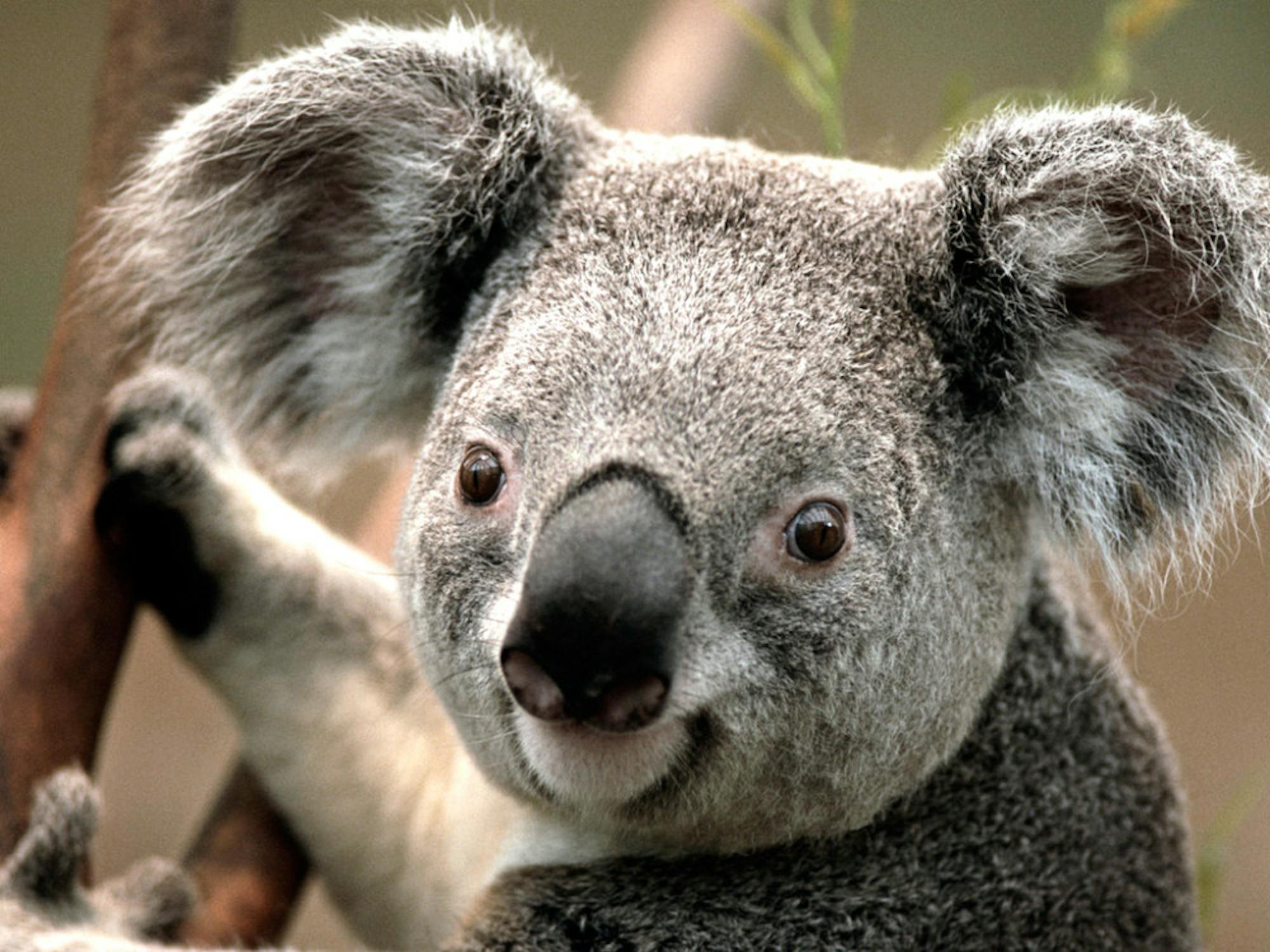FDA authorizes booster shots for Moderna and J&J vaccines
An FDA advisory panelunanimously voted last week to approve the use of a booster shot for the Moderna vaccine and again voted unanimously yesterday to approve a booster for the Johnson & Johnson vaccine. Moderna’s booster only applies to certain groups of people, such as those over the age of 65, high-risk individuals between the ages of 18 and 64 or people whose jobs put them at risk of contracting COVID-19. The individuals in all three categories should wait at least six months after their second dose to receive their Moderna booster shot. Although the FDA panel unanimously decided to approve the booster for those categories, the panel did not make any decisions on whether to recommend booster shots for low-risk adults over 18. Some members believe it is too early to make the call; they argue that as more people become eligible for the booster, it will be crucial to determine if it is effective at providing better protection against COVID-19. Additionally, some scientists say that there is not enough evidence to suggest that vaccine efficacy is decreasing, which, if true, could make a booster shot pointless.
For the J&J shot, the FDA recommends that all individuals 18 and upreceive a booster at least two months after their original vaccination. Alongside that decision, the FDA also voted to approve the “mixing and matching” of different-branded booster shots. That means if someone originally received the J&J vaccine, they could get either Pfizer or Moderna for their follow-up jab.
— Maiah Islam
Chlamydia vaccine for koalas in development
A clinical trial for a chlamydia vaccine for koalas hasentered its third stage at the University of the Sunshine Coast in Australia. Chlamydia is widespread among koalas; in some regions, half of all koalas have tested positive for the sexually transmitted disease. The disease hascaused an 80% decline in the koala population of the Australian state of Queensland over the past 20 years and was responsible for 40% of koala hospitalizations at the Australia Zoo Wildlife Hospital in 2020. The symptoms of chlamydia in koalas are similar to those of chlamydia in humans: They can develop genital pain, cysts, pink eye and infertility as a result of the STD.
The koala population has faced significant threats in recent years due to climate-change-related disasters such as bushfires, droughts and heat waves, adding to theirvulnerability as a species. The disease also happens to be the most common bacterial STD in the world for people; as a human chlamydia vaccine is in its early stages, scientists can look to the development of the koala vaccine as a model.
— Cindy Zhang
NASA launches Lucy mission to study Trojan asteroids
NASA's new spacecraft, named Lucy,launched Saturday on an expedition to Jupiter's Trojan asteroids. The Trojans are ‘fossils’ of the early solar system; they're a collection of over 10,000 rocky fragments left over from when the outer planets first formed. No other spacecraft has studied these asteroids up close, and scientists hope data collected by the Lucy mission will reveal new insight into the evolution of the solar system and how the planets settled in their current orbits. Lucy will fly by eight asteroids over the next 12 years, and the mission will cost $981 million overall.
After a study of a small asteroid en route to the Trojans, the spacecraft will reach its first Trojan, Eurybates, and its moon Queta, in 2027. The Trojan asteroids are in two swarms, one leading and one trailing Jupiter in its orbit around the sun. Lucy’s first pass will take it through the leading group, and after looping around the sun for a gravity boost, Lucy will approach the trailing group in 2033.
The mission is named after Lucy, the fossilized hominid skeleton whose discovery unlocked a new understanding of human evolution. Now, the Lucy spacecraft aims to do the same for our understanding of planetary evolution.
— Rachel Liu
Lauded Japanese primate research center to be shut down
Kyoto University will beshutting down its famous Primate Research Institute due to mismanagement of funds under the institute’s former director, according to reporting last week by Science Magazine. The institute has been well known for its research into the cognition and behavior of macaques and chimpanzees, and many primatologists say its closure is a devastating blow to the field. While the university did not comment on its decision, the move comes in the wake of a November 2020 finding that the institute's then-director, primatologist Tetsuro Matsuzawa, had misused construction funds amounting to the tune of several millions of dollars. While Matsuzawa — who was fired from his post — was not accused of having taken any personal funds, he admitted at the time that mistakes were made in the handling of a $10 million dollar grant from the Japanese government. The institute’s animals will continue to be used for research at the center, though the facilities’ research is expected to be scaled down.
— Alex Viveros






